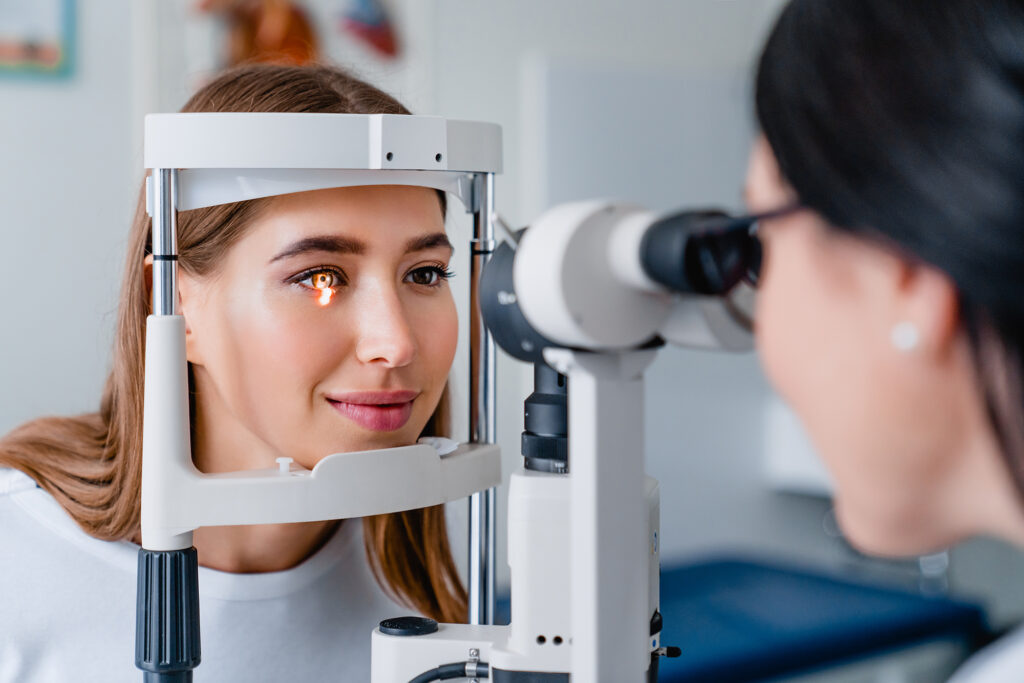As fortunate as people with 20/20 vision are, it actually takes more than good eyesight to produce good vision. Good vision is the result of a coordinated effort that involves your eyes, brain, and visual pathways. When one or more of these components lags, your ability to process information suffers. Vision therapy works to correct deficiencies in these areas and restore optimal processing abilities. Here, a Saginaw, TX optometrist talks about how vision therapy works and how it’s used.
What Is Vision Therapy?
It may come as a surprise to hear that good vision is about more than 20/20 eyesight. Good vision requires your visual pathways, brain, and eyesight to work together in a coordinated fashion. This means someone who has 20/20 eyesight can still experience problems with writing, reading, and processing information.
Vision therapy works specifically with these “functional” aspects of vision, in terms of how your eyes work together as a team to relay information to the brain. For instance, near tasks, such as reading require your eyes to focus on the text.
For some people, and children as well, the eyes have difficulty focusing on the text in front of them. When this happens, the eyes also have difficulty relaying information to the brain. Vision therapy helps individuals retrain how their eyes and brain work together so they can receive and process visual information correctly.
How Does Vision Therapy Work?
Vision therapy uses a series of therapeutic eye exercises, customized to address your specific visual needs. The treatment is performed by an optometrist who specializes in this area. Depending on the severity of your condition, other treatments, such as eyeglasses or surgery may be combined with vision therapy to produce optimal results.
Since functional vision problems can carry over into other daily activities, this type of therapy can help in other areas as well, including:
- Increased memory capacity
- Longer attention span
- Relief from mental and physical fatigue
- Enhanced concentration and focus
- Reduced eyestrain
- Relief from headaches, and even migraines
Who Can Benefit From Vision Therapy?
- People who experience stress-induced vision problems, specifically those brought on by spending large amounts of time in front of computer screens
- People who have learning-related visual problems, such as poor eye teaming, tracking visual information, and focusing
- People who have lazy eye
- People who have crossed eyes
- People recovering from medical conditions, such as stroke, whiplash, brain injuries, and cerebral palsy
- People wanting to improve their vision for sports-based activities
If you have more questions or would like to schedule a consultation, please feel free to contact your Saginaw, TX optometrist today!



